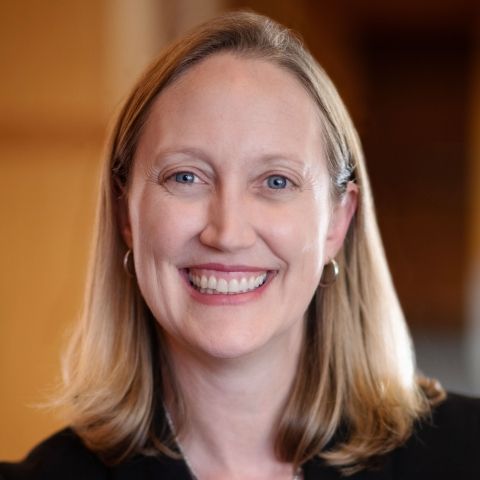
A Fixed Star in Shifting Skies: Barnette and Civil Rights Law
In Masterpiece Cakeshop v. Colorado Civil Rights Commission, the Court invoked one of its own precedents for an idea that at first glance seems mundane: “Just as ‘no official, high or petty, can prescribe what shall be orthodox in politics, nationalism, religion, or other matters of opinion,’ it is not, as the Court has repeatedly held, the role of the State or its officials to prescribe what shall be offensive.”
The Court’s language and sentiment draw from Justice Jackson’s famous words on compelled speech in West Virginia State Board of Education v. Barnette: If there is any fixed star in our constitutional constellation, it is that no official, high or petty, can prescribe what shall be orthodox in politics, nationalism, religion, or other matters of opinion or force citizens to confess by word or act their faith therein. If there are any circumstances which permit an exception, they do not now occur to us.
The Barnette Court offered this neutrality principle as the reason that a school board could not compel schoolchildren to say the Pledge of Allegiance, a reversal of the Court’s holding on the same issue from only three years before. The Barnette Court treated its neutrality principle as both bedrock constitutional law and an absolute. The Barnette neutrality maxim has received criticism, however, for being both mistaken and overly broad and robust. On the first count, some have suggested that the liberal ideal of state neutrality reflected in Barnette is incoherent: a state committed to neutrality is committed to neutrality as a value, which is at odds with entire idea of the state being neutral. On the second, there is great disagreement about the scope of the maxim and its robustness within its scope. Some have expressed doubt that a prohibition on compelled speech is a required, or even desirable, feature of a right of freedom of speech. Others have suggested that the prescription of state neutrality inherent in Barnette is too broad or too strong.
Even as some criticize Barnette, its scope continues to expand. Masterpiece contains no fewer than three new deployments of Barnette. One is a central claim in the litigation, that cake baking is speech and therefore protected by the Barnette principle from interference by the government. One is the Supreme Court’s deployment of Barnette in its disposition of the case, which suggested that the Colorado courts violated Barnette in how they handled the complaint in Masterpiece. One is an argument made by some of petitioner’s amici but not explicitly embraced by the Court, which implies that Barnette means that civil rights law is constitutionally suspect. All of these neutrality arguments will arise again. All pit the First Amendment against other long-standing legal principles.